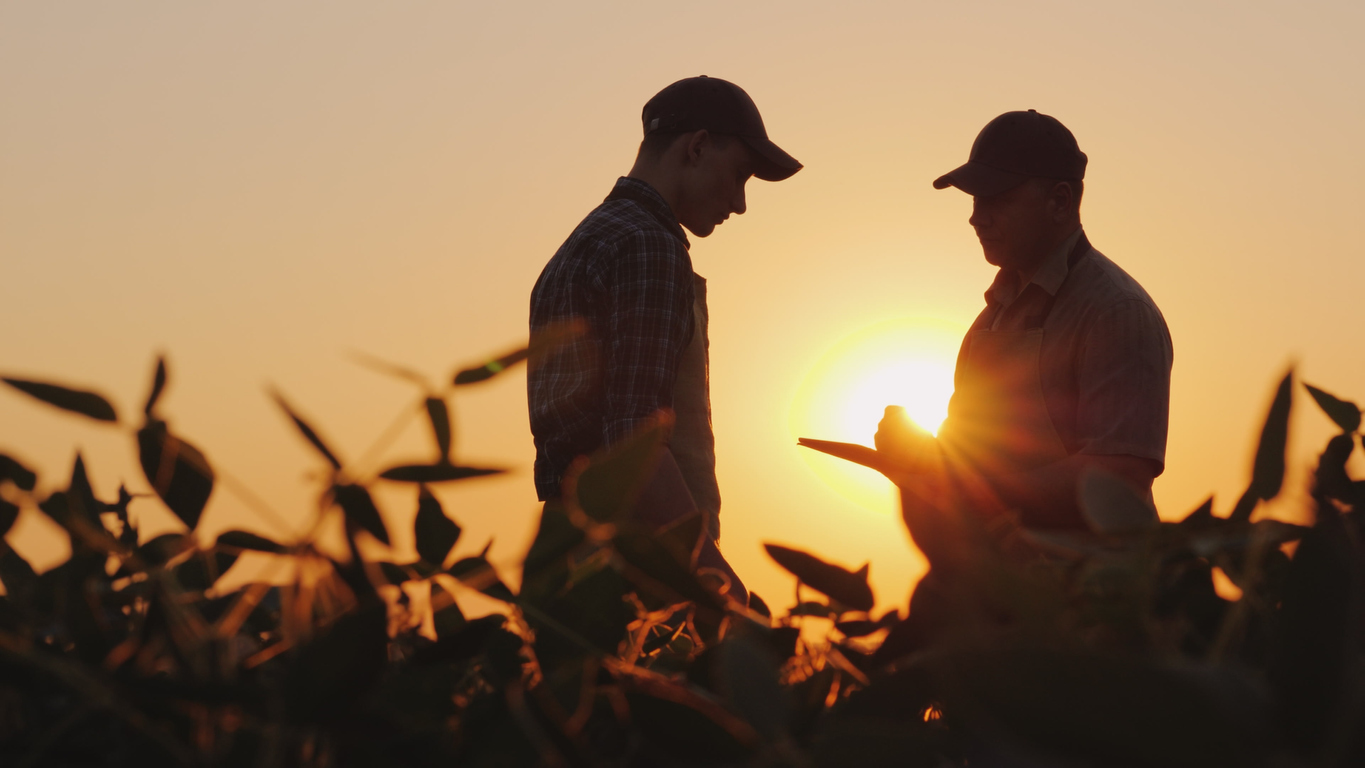The Farm Sustainability Assessment: Globally significant and locally relevant
5th December 2022

Since its inception in 2014, the Farm Sustainability Assessment (FSA) has become a globally recognised and trusted industry solution for facilitating supply chain collaboration and enabling farm groups worldwide to assess and improve sustainability performance.
Due to the diversity of farming systems and the varying climate challenges faced globally, there is no one size fits all when it comes to assessing and improving sustainable agricultural practices. While the FSA is a globally recognised programme, it can be adapted at a regional level to remain relevant to the local context.
This flexibility has resulted in significant user growth throughout 2022, with the FSA rapidly expanding across new regions. The total number of FSA verified farms now stands at above 285,000, covering 170 crops in over 55 countries.
To demonstrate the global significance and local relevance of the FSA, we recently interviewed members, their suppliers, and farmers on the ground in various regions around the world about some of the remarkable ways that the FSA is being used collaboratively, to recognise the positive impact already being made by producers, and to direct their efforts for continuous improvement.
In Indonesia, SAI Platform member, McCormick and Company is working hard to build lasting, long-term partnerships with cinnamon farmers. Together, they have been able to adapt the FSA to make global expectations around sustainable sourcing more relevant to the specific nature of cinnamon harvesting and the local issues impacting farmers in the region.
In Argentina, a collaboration of SAI Platform members were able to demonstrate in a landscape level approach, the success of a united peanut industry using the FSA to communicate their impact and commitments in response to legislation changes from the EU.
In Thailand, SAI Platform member, Ingredion is implementing the FSA with their cassava farmers to improve the sustainability and longevity of farming businesses through integrated pest management and chemical application.
In southern Brazil, SAI Platform member, Agraria explains how the FSA has caught the attention of the younger generation of farmers who are keen to manage their family farms in a way that regenerates the environment and supports their communities for the future.
As a response to this urgent need for greater accessibility for farmers around the globe, SAI Platform has prioritised the translation of FSA 3.0. Now available in 22 languages, it is easier for users to implement FSA 3.0 accurately at a local level. Almost all FSA tools and guidance materials are freely available to farmers, companies in agriculture-based supply chains and other stakeholders via the FSA Resource Centre.